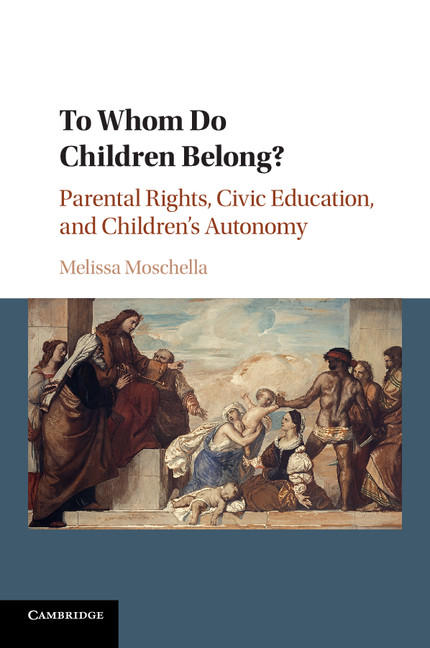Children and the Politics of Cultural Belonging
Conversations about multiculturalism rarely consider the position of children, who are presumptively nested in families and communities. Yet providing care for children who are unanchored from their birth families raises questions central to multicultural concerns, as they frequently find themselves moved from communities of origin through adoption or foster care, which deeply affects marginalized communities. This book explores the debate over communal and cultural belonging in three distinct contexts: domestic transracial adoptions of non-American Indian children, the scope of tribal authority over American Indian children, and cultural and communal belonging for transnationally adopted children. Understanding how children 'belong' to families and communities requires hard thinking about the extent to which cultural or communal belonging matters for children and communities, who should have authority to inculcate racial and cultural awareness and, finally, the degree to which children should be expected to adopt and carry forward racial or cultural identities.
- Raises questions about the nature of cultural belonging and identity rights
- Brings the concerns of communities into the debates over adoption and foster care
- Explores the debate over communal and cultural belonging in three distinct contexts
Product details
October 2012Hardback
9781107017863
211 pages
233 × 156 × 17 mm
0.45kg
Available
Table of Contents
- 1. Children, law, and belonging
- 2. Community, identity, and the importance of belonging
- 3. Rainbow dreams and domestic transracial adoption
- 4. Reclaiming the diaspora: American Indian children
- 5. Transnational adoption in a shifting world
- 6. Conclusion.








